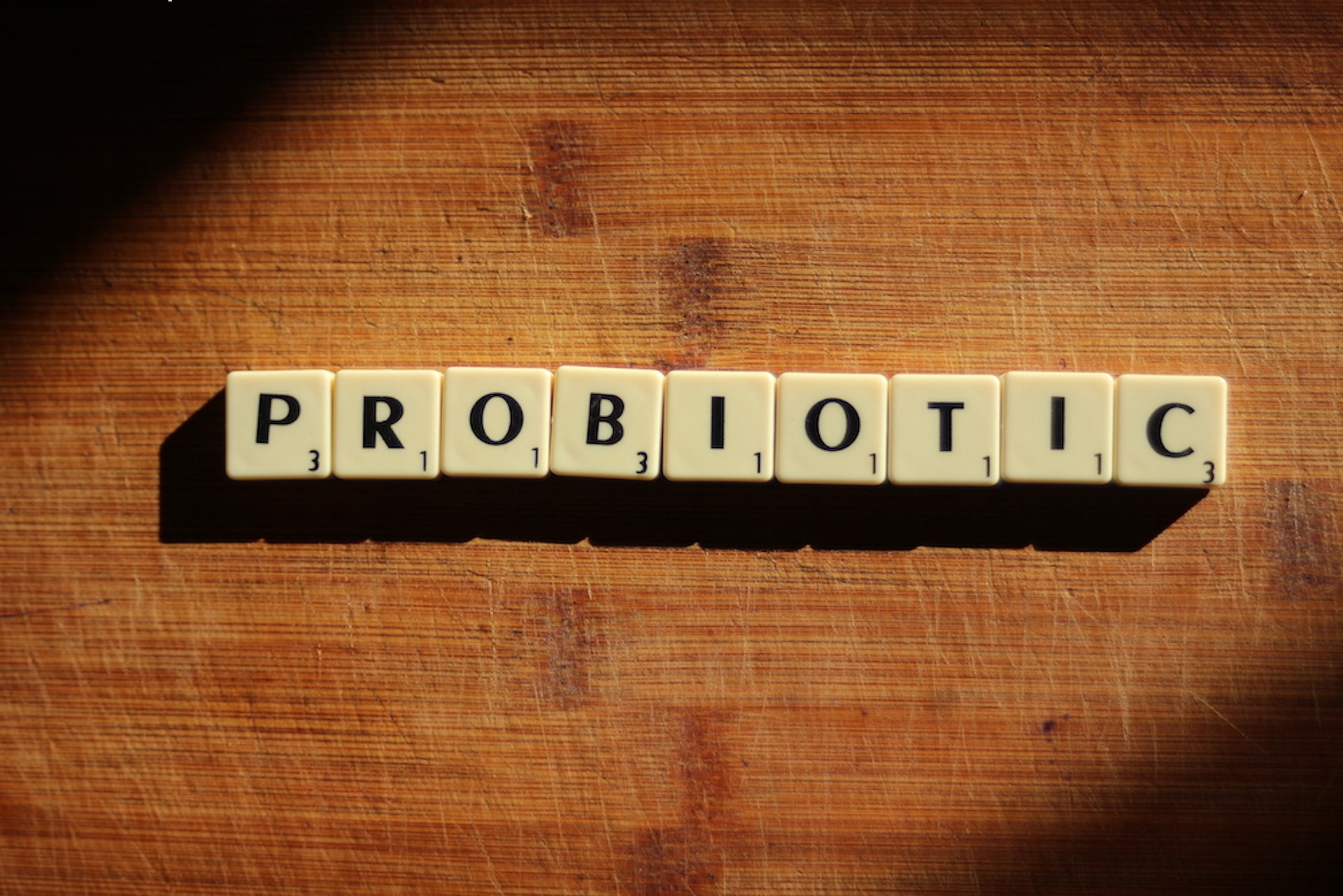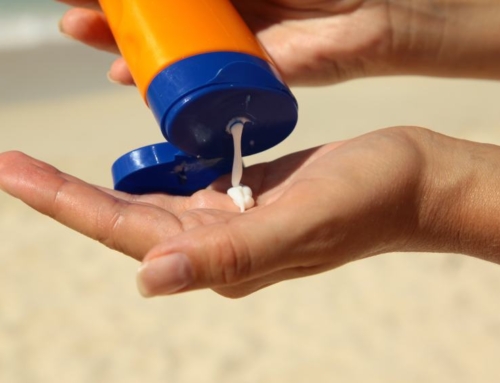The gut microbiome keeps making its’ way into mainstream headlines in traditional medicine. It’s about time! Recent studies have shown a link with gut bacteria and prediction of heart failure, exercise endurance, exercise motivation in addition to the studies related to obesity! So much more needs to be done in this area but it’s taking off!
I recently came across an ad for Akkermansia probiotics which made me do a double take. It was being touted for obesity and metabolic disorders. When I see high Akkermansia in a stool analysis, I usually suspect there is some type of small bowel overgrowth occurring and often with yeast. So, to actually take Akkermansia without understanding what this bacteria does made me do a deep dive to help keep you from creating more issues than you want. Akkermansia does have some good qualities though and in some instances may be very beneficial but there are some concerning studies, too. READ ON to see if this is a probiotic you should consider….
Studies on Akkermansia took off when scientists realized that they were more abundant in normal gi tracts than in people who had diabetes, obesity, inflammatory bowel disease and metabolic disorders. When mice were given Akkermansia in these conditions, the gut barrier improved and some specific markers of inflammation improved, also. Akkermansia is thought to help improve the mucin layer of the gi tract lining. A high fat diet as found in the standard American diet depletes the mucin layer of the gut leading to as much as a 46% thinner intestinal barrier (in mice). When mice were then given Akkermansia probiotics, it was able to restore normal counts as well as improve the lining. This has created a wave of Akkermansia probiotics taking mouse studies and interpreting them for a human cause. So before jumping into taking this as a probiotic the next, very important question that should be asked is… can you have too much?
If you glance at all the studies, they do the typical approach. If something is deficient then instead of just repleting to normal levels then high levels should be more beneficial. I have actually seen that recommendation. Not so fast!
First, let me share my observation. Akkermansia levels are found on one of the stool analysis I use for evaluating the gut health. When I see high Akkermansia the person almost always has SIBO (small intestinal bowel overgrowth) either with bacteria and often compounded by yeast. When this is treated addressing the SIBO, the symptoms improve and Akkermansia goes back into more normal ranges. I can’t find one study supporting this but I see it all the time. I’m not sure if the Akkermansia is a contributor of the SIBO itself or potentially an indicator.
Second, Akkermansia has been found to be more than 4 times as elevated in people with multiple sclerosis. Studies show immune cells become triggered by Akkermansia which then go on to trigger inflammation. Akkermansia is also thought to play a role in rheumatoid and psoriatic arthritis! Clearly, high levels of Akkermansia are not beneficial.
Rather than grabbing for this as a probiotic, there are several other ways to naturally raise these levels that also lead to an improve intestinal barrier.
- Pre-biotics: prebiotics like fiber, inulin, FOS (fructo-oligosaccharides)
- Low fodmap diet
- Restricting the amount of bad fats you eat
- Metformin increases growth of Akkermansia (this is a medication used for diabetes)
Take home message. When it comes to the gut microbiome, the bacteria all work in harmony together supporting and helping each other…until they don’t. Before you jump on the Akkermansia band-wagon, clean up your diet especially getting rid of all the bad fats, eat more foods that act like pre-biotics and control your blood sugars. If you have proven low Akkermansia on gut testing then maybe consider supplementation however amounts and length of time of supplementation have not been determined. Until further studies are done, I am refraining from recommending these probiotics on a general basis.
To your health,
Laura









